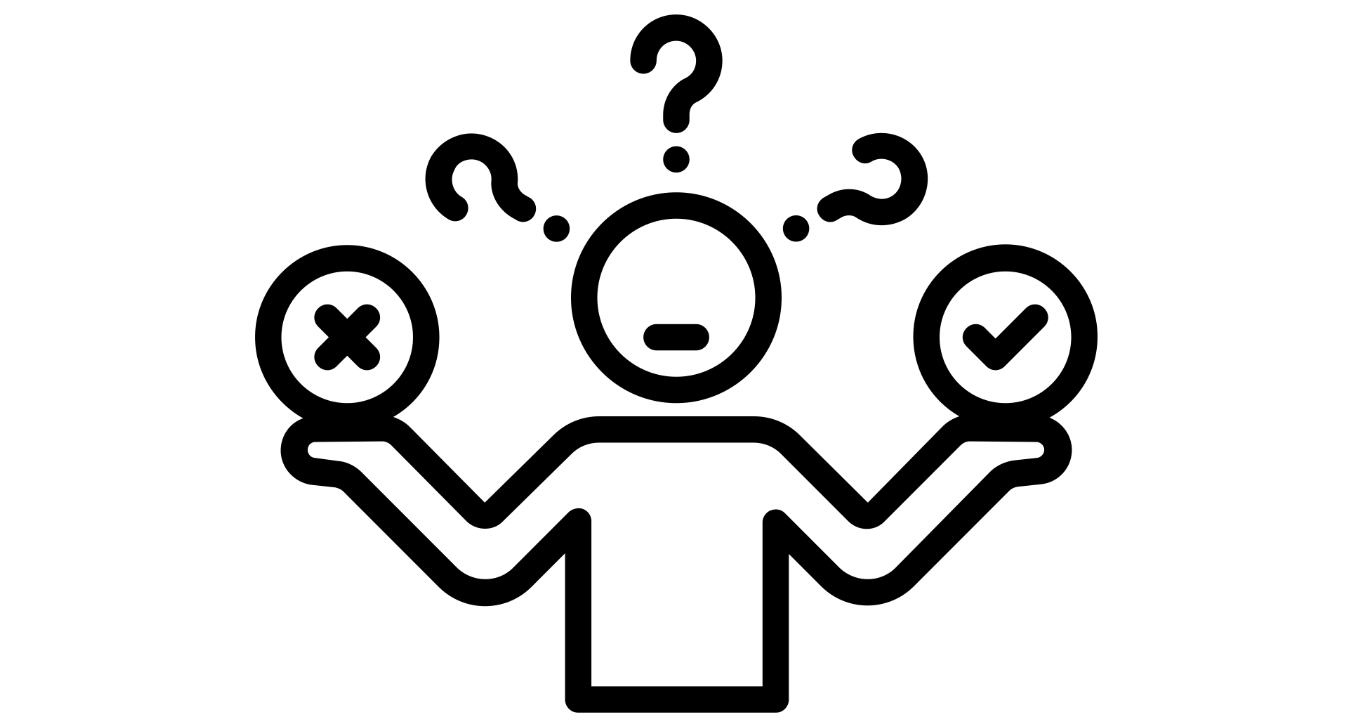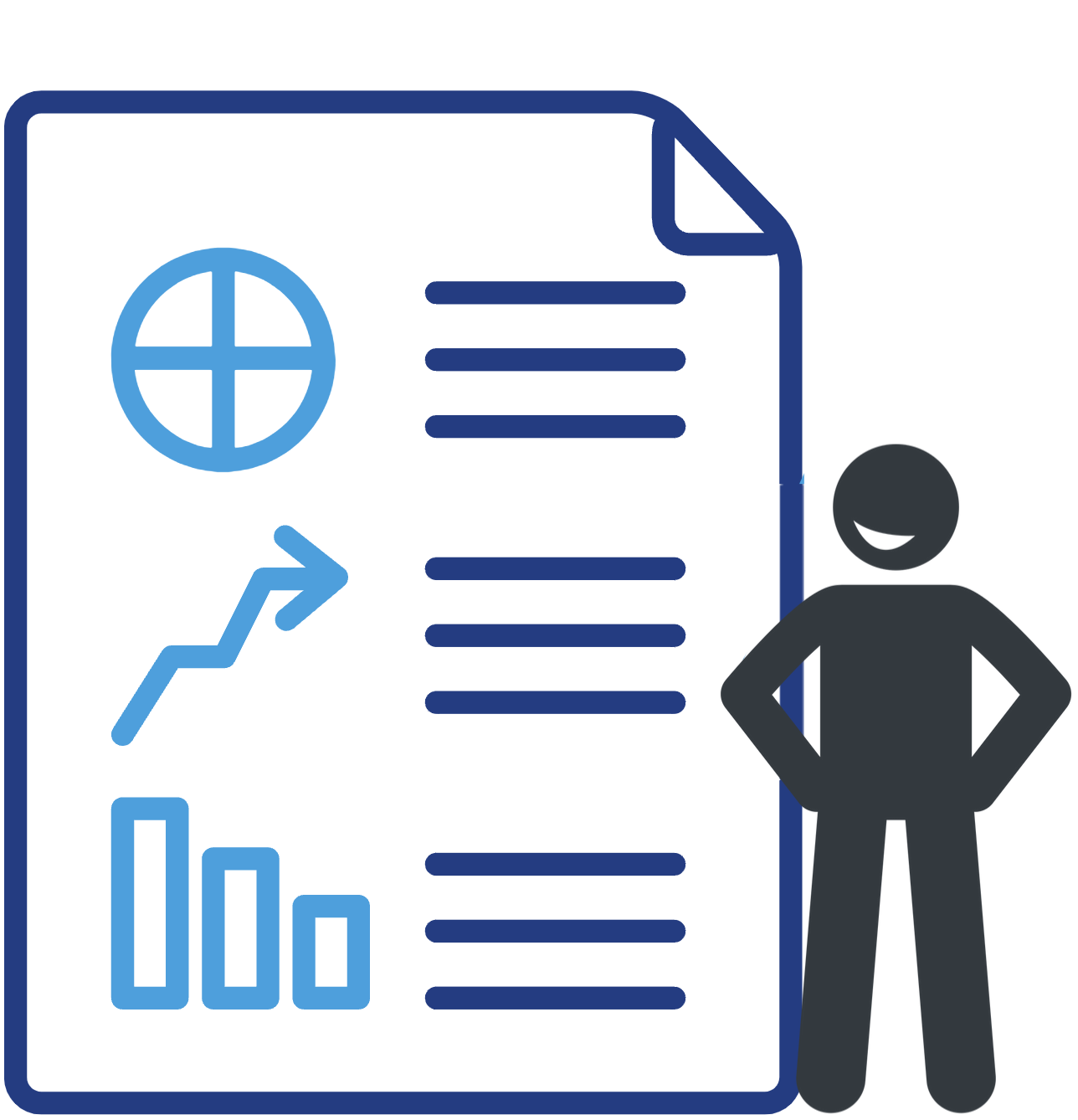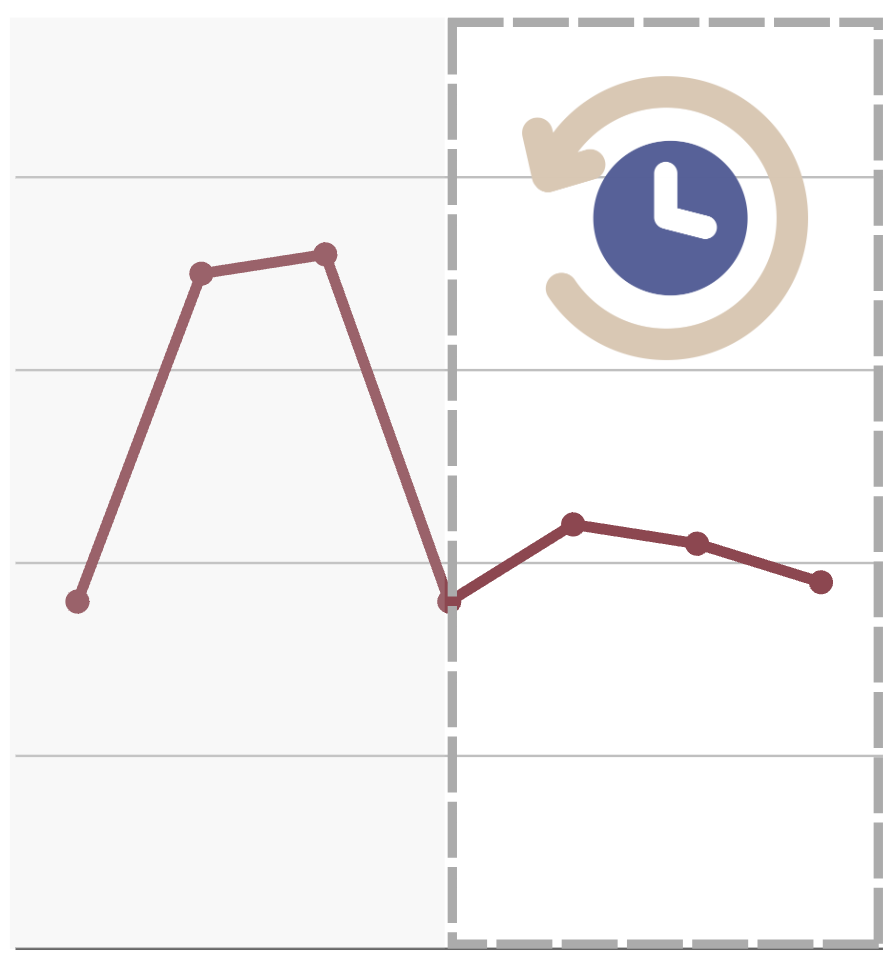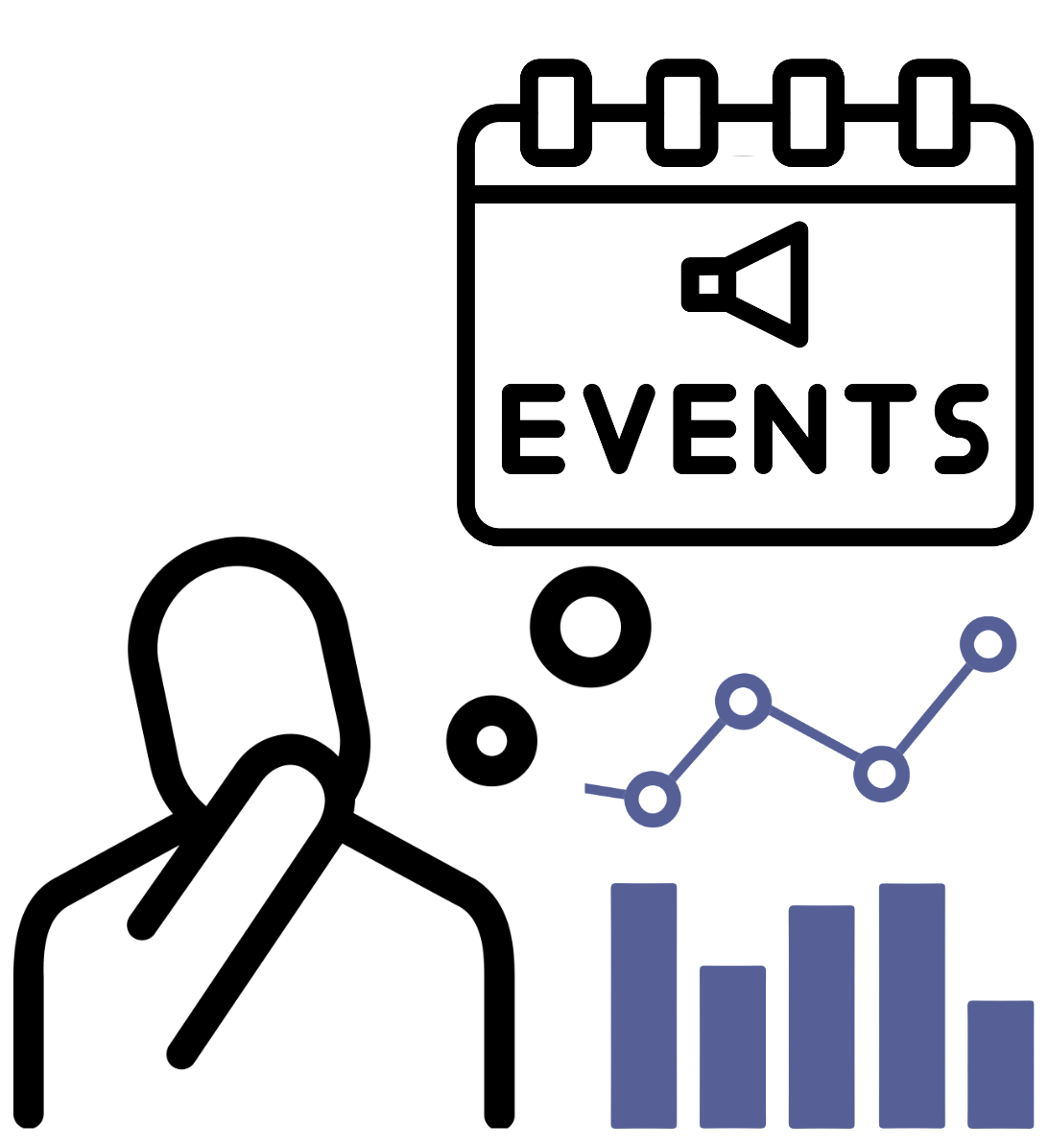Cognitive biases
Conquering Data Bias

Konstantinos Kattidis
Data Analytics Lead
Beyond data collection bias

Data bias can manifest in during data analysis, model development and interpretation
Cognitive biases are systematic patterns of deviation from norm or rationality in judgment
Confirmation bias
The tendency to seek, interpret, and remember information in a way that confirms pre-existing beliefs or hypotheses
This distorts the interpretation of results and hinders the discovery of novel insights
For instance:
- A marketing manager analyzing customer feedback about a new product
- Overlooking negative feedback that challenges their belief in its success

Overconfidence bias
The tendency to overestimate one's own abilities, knowledge, or judgments
- This bias can lead analysts to be overly confident in the accuracy or reliability of their findings

Recency bias
The tendency to give more weight or importance to recent events or information when making judgments or decisions
It can lead analysts to prioritize recent data points or trends over historical data
Potentially overlooking long-term patterns or trends that may be relevant to the analysis

Memory bias
Sculpting the past to fit the present
The ways in which our memories can be distorted or influenced by various factors
- A sales manager reviewing past sales performance
- Remembering successful outcomes while downplaying or forgetting instances where similar tactics failed

Availability heuristic
Influence of easily accessible information
A mental shortcut that relies on immediate examples that come to a person's mind when making judgments or decisions
- For example:
- A risk analyst overestimating the likelihood of a data breach
- Because recent news headlines have highlighted similar incidents

Anchoring bias
Influence of initial reference points
Occurs when individuals rely too heavily on initial information, when making decisions or estimations
- For example:
- An analyst starts with an initial estimate of a parameter
- Unconsciously adjusting their subsequent estimates or interpretations around that initial anchor

The feedback loop of cognitive biases
- Cognitive biases often lead to the reinforcement of existing beliefs and perspectives

- This often creates a feedback loop, where individuals consistently encounter information that aligns with their views
- It further solidifies their beliefs over time
- It leads to closed-mindedness and a resistance to considering alternative perspectives
Let's practice!
Conquering Data Bias

